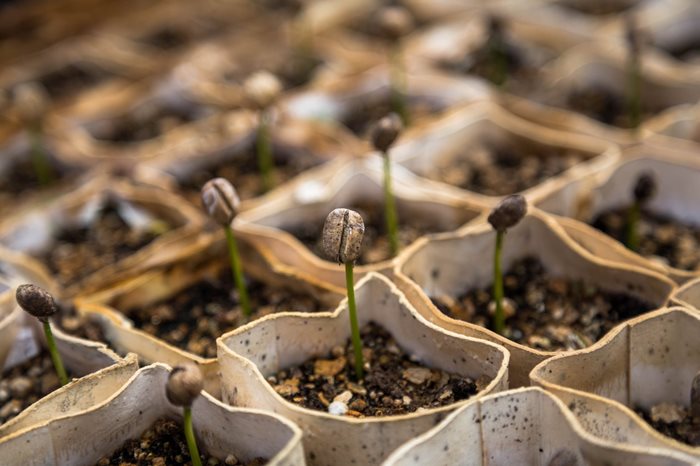The International Coffee Agreement 2022, updated for the first time in 15 years, could represent a pivotal opportunity to increase private sector participation in creating a more sustainable coffee supply chain

The agreement will enable the private sector to participate in activity concerning the coffee industry's future sustainability for the first time | Photo credit: Christian Joudrey
The International Coffee Organization (ICO) is seeking a united front in its efforts to tackle some of the most pressing issues facing the coffee industry, with a new International Coffee Agreement 2022 joining some of the largest global coffee retailers, roasters and manufacturers together with coffee farmers.
Established in 1962 to regulate global coffee prices, the International Coffee Agreement, which has been updated for the first time in 15 years, will enable the private sector to participate in the ICO's sustainable coffee initiatives for the first time.
The new agreement invites dialogue with 75 coffee producing and importing nations, all of which are ICO member governments, representing 93% of world coffee production and 63% of world consumption.
Vanusia Nogueira, ICO Executive Director, said the agreement would provide a fairer platform in which the whole coffee supply chain can improve conditions for farmers and tackle the most pressing issues facing the industry, including the climate crisis and low farmer income.
“We are entering a new era of cooperation with the private sector thanks to the landmark International Coffee Agreement 2022. The arrival of the world’s biggest high-street names and manufacturers as well as smallholders means that the whole coffee value chain can now address the biggest challenges facing the global sector in a way that is fair for all," she said.
Although the ICO has not specified the participating private companies, major coffee firms including Nestlé, Starbucks, Lavazza, illycaffè, and Jacobs Douwe Egberts were among signatories to a 2019 ICO declaration, known as the London Declaration, on the economic sustainability of coffee.
Following the collapse of the International Coffee Agreement in 1989, which prompted a move to free trade, the global commodity price (c-price) of coffee has been characterised by volatility and continual low prices, with coffee farmers facing increasing instability.
Smallholders, who only have less than one or two hectares of land each to produce coffee are the most vulnerable with incomes of just $500 a year.
The new agreement provides a mandate to the ICO Secretariat to assist members in establishing coffee sector development projects and mobilising resources in areas such as pest and disease control and climate change adaptation.